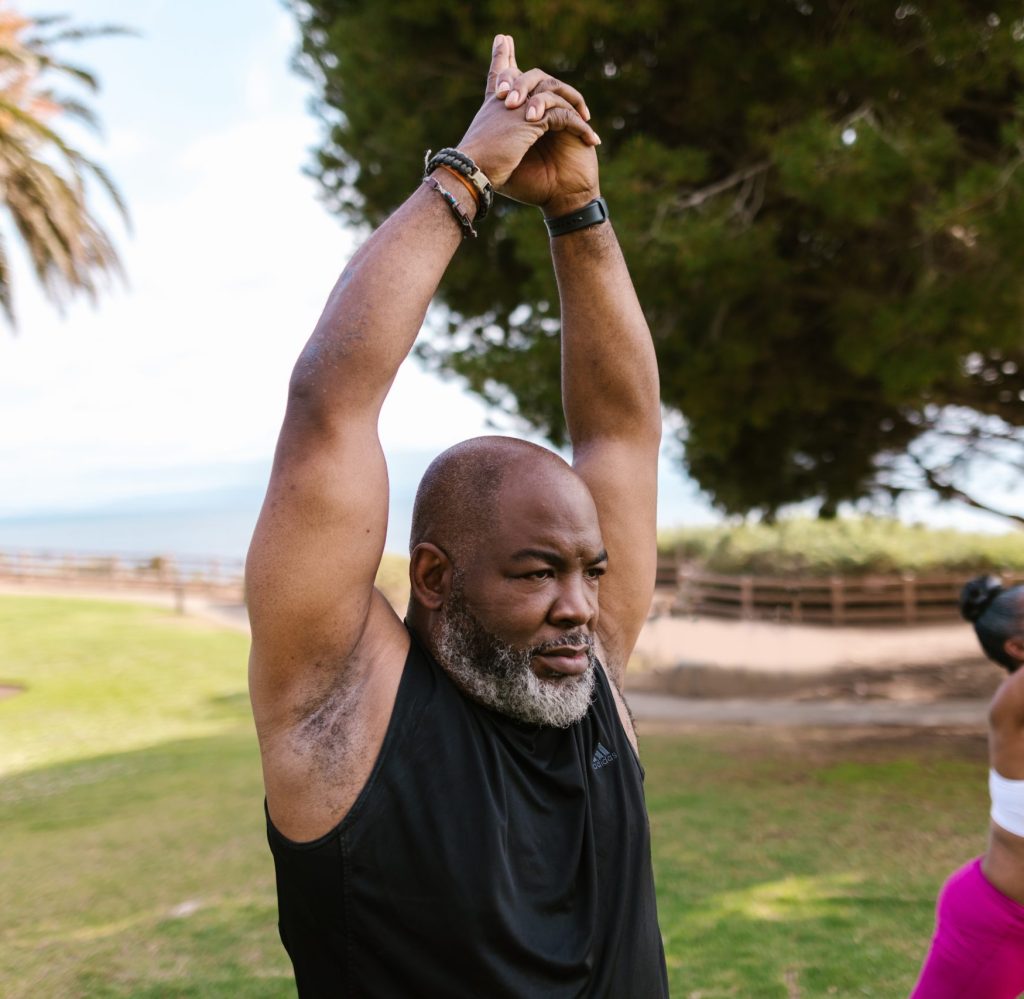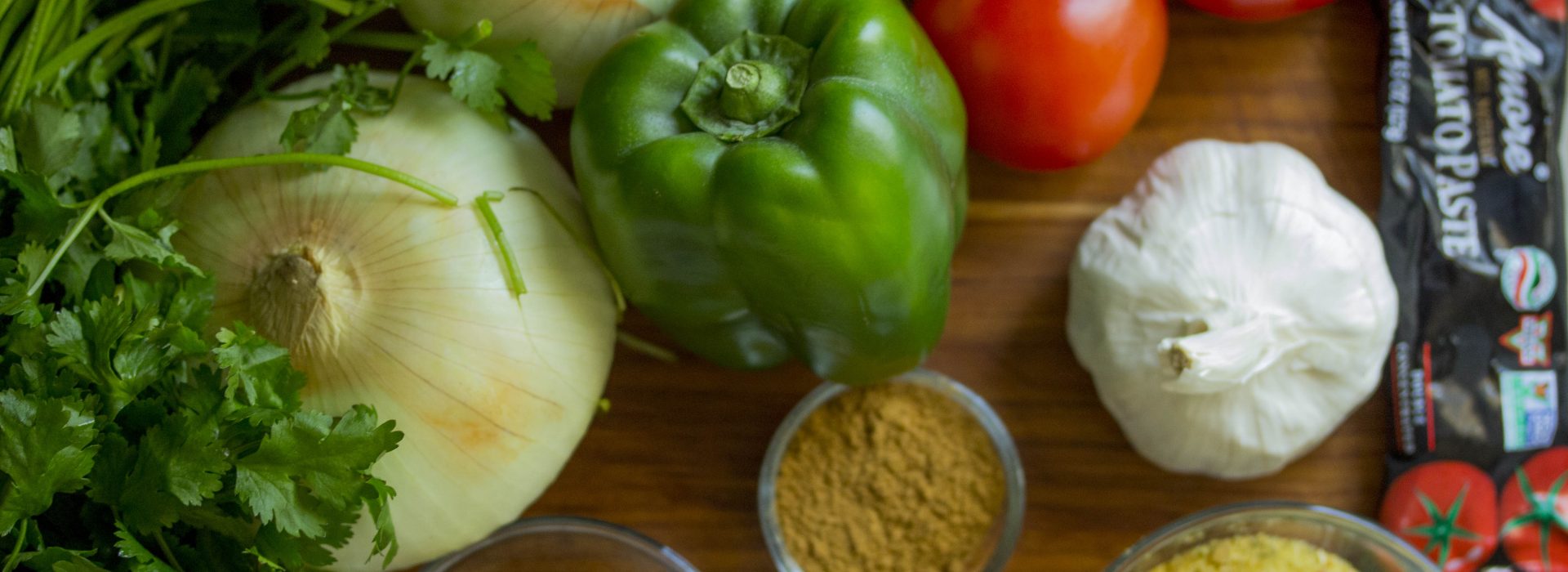In her enlightening video presentation, health educator Barbara O’Neill delves into the complex issue of diabetes, offering a comprehensive guide to understanding, managing, and potentially overcoming this chronic condition through dietary and lifestyle changes. This article provides a detailed overview of O’Neill’s insights, focusing on the problems associated with diabetes, the solutions she proposes, and the specific diet plan she recommends.
Understanding the Problem: The Diabetes Epidemic
O’Neill begins her talk by highlighting the alarming rise in diabetes cases worldwide. She explains that the first documented cases of diabetes were among affluent individuals who had access to refined sugar, a product that was once a luxury but is now a staple in the modern diet. This overconsumption of sugar, she argues, is a significant contributor to the current diabetes epidemic.
She also discusses the dangers of trans fats, which are found in many processed foods. These fats, she explains, are not recognized by the body and can lead to inflammation and other health problems.
Proposing Solutions: Lifestyle Changes and Diet
O’Neill suggests that the solution to the diabetes epidemic lies in making significant lifestyle and dietary changes. She emphasizes the importance of regular exercise, particularly high-intensity interval training (HIIT), which can help regulate blood sugar levels and increase the body’s production of human growth hormone (HGH), a hormone that promotes fat burning and muscle building.
She also highlights the importance of hydration, recommending the consumption of pure water and the use of Celtic or Himalayan salt, which contains trace minerals that can aid in hydration.

Photo by on Pexels
A Detailed Diet Plan: From Breakfast to Dinner
O’Neill provides a detailed diet plan designed to regulate blood sugar levels and promote overall health. For breakfast, she suggests a meal of low-GI fruits, grains, and seeds. This could include berries, oats or other low-GI grains, stewed Granny Smith apples for sweetness, and a sprinkle of chia and ground flax seeds for a dose of Omega-3 fatty acids.
For lunch, O’Neill recommends a large salad with a variety of fresh and cooked vegetables, chickpeas or lentils for protein, and a dressing of olive oil and lemon juice. This meal provides a balance of macronutrients and a wealth of vitamins and minerals.
While she doesn’t provide specific dinner recommendations in the video, the emphasis on whole, nutrient-dense foods and a balance of macronutrients is a theme that can be applied to all meals.
Navigating Health Information: The Role of Corporations
In her video, O’Neill also addresses the role of corporations in health studies. She points out that many studies are funded by corporations that stand to benefit from the results. This can lead to biased findings and misinformation, which can mislead the public and influence health decisions.
For example, a study funded by a sugar company might downplay the health risks associated with sugar consumption. Similarly, a pharmaceutical company might fund research that overstates the benefits of a particular medication. O’Neill urges viewers to consider the source of health information and to scrutinize who funded a study and what they might gain from the results.
This critical approach to health information is crucial in today’s world, where corporate interests often intersect with health research. By understanding the potential biases in health studies, individuals can make more informed decisions about their health and wellbeing.
Conclusion
In conclusion, Barbara O’Neill’s video presentation offers valuable insights into the problem of diabetes and potential solutions through lifestyle and dietary changes. Her recommendations emphasize the importance of a balanced, nutrient-dense diet, regular exercise, and adequate hydration in managing and potentially overcoming diabetes. As always, it’s important to consult with a healthcare provider before making significant changes to your diet or lifestyle.












